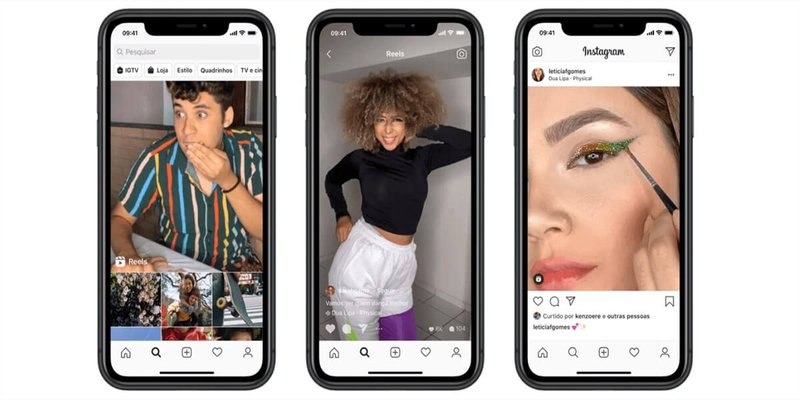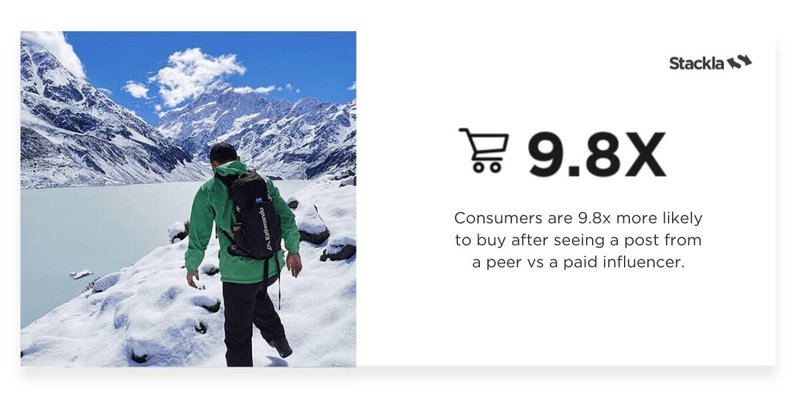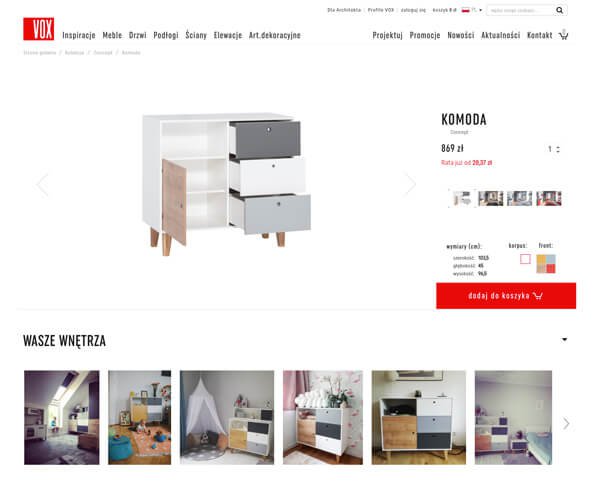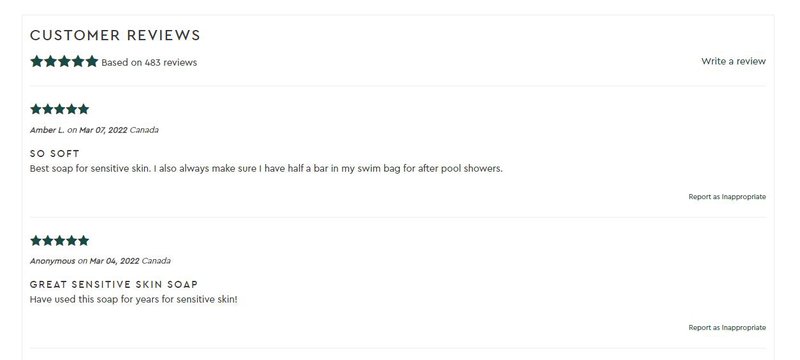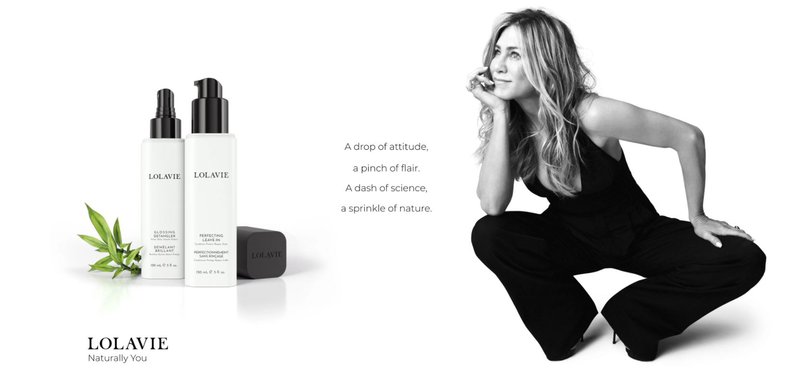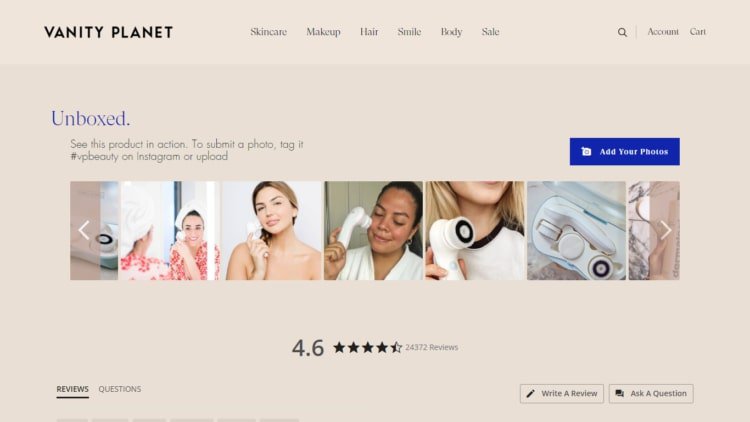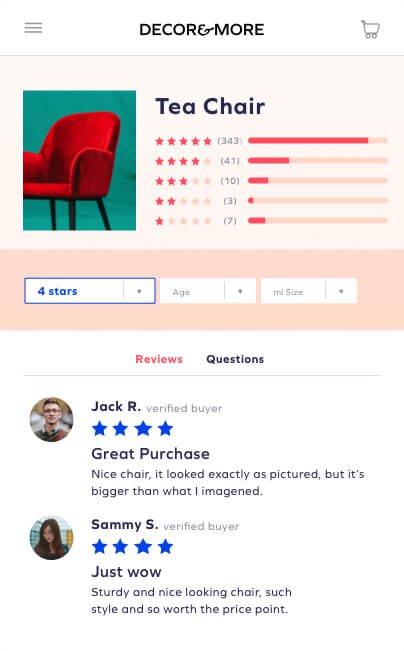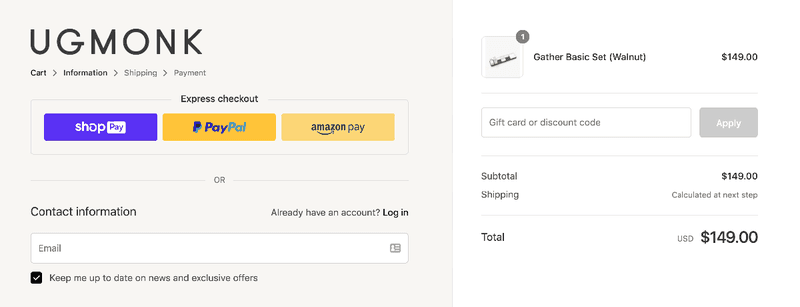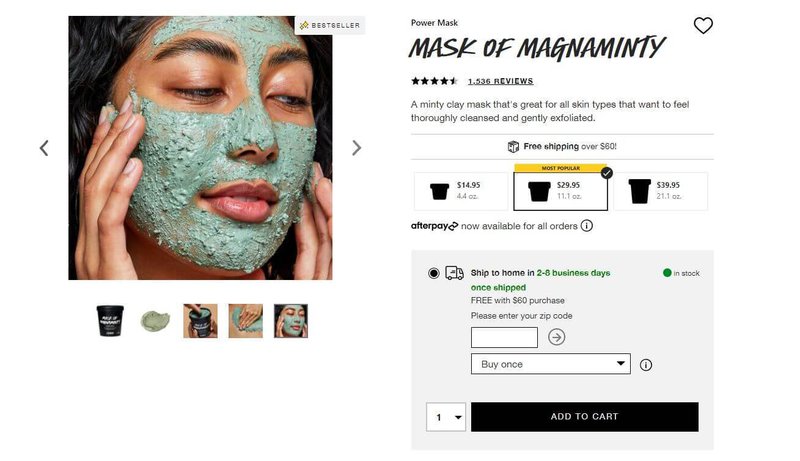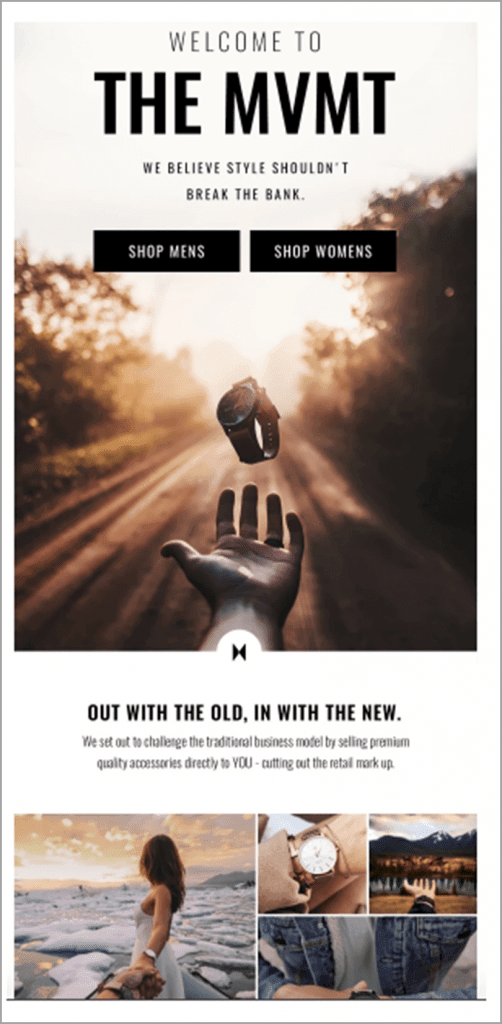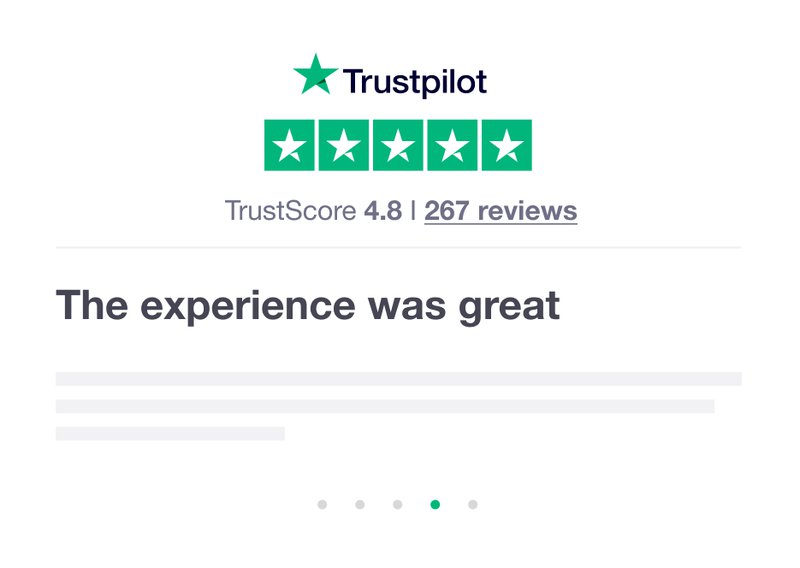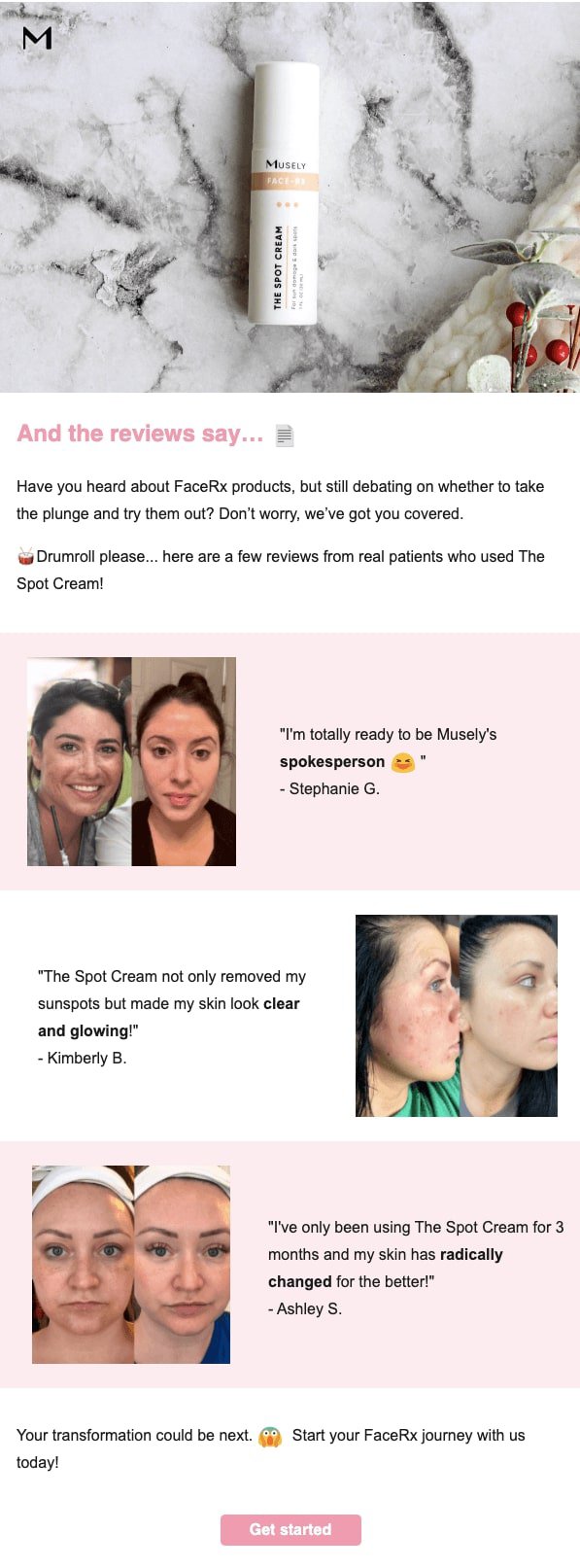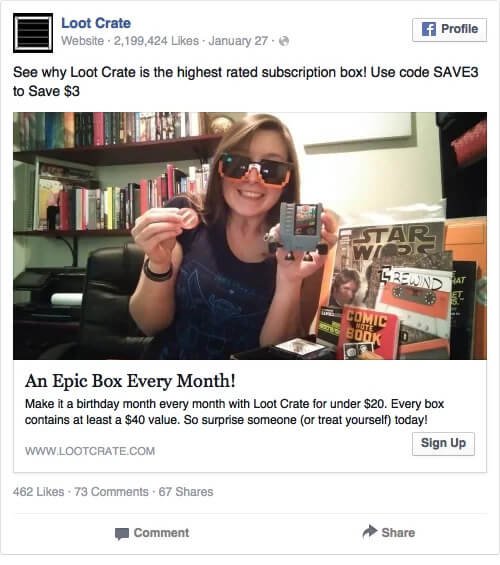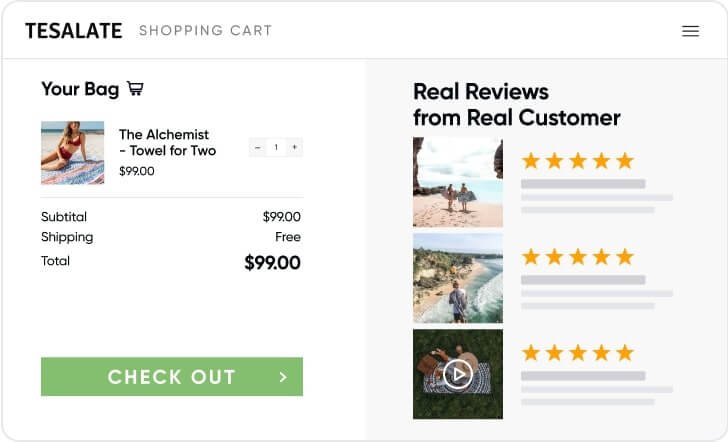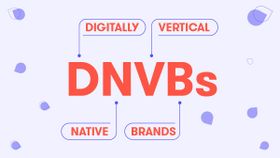The Complete Guide to Social Proof in eCommerce
Master the art of social proof for your eCommerce site. Here's how to display UGC, product reviews, customer videos, testimonials and improve conversions.
Updated November 6, 2024
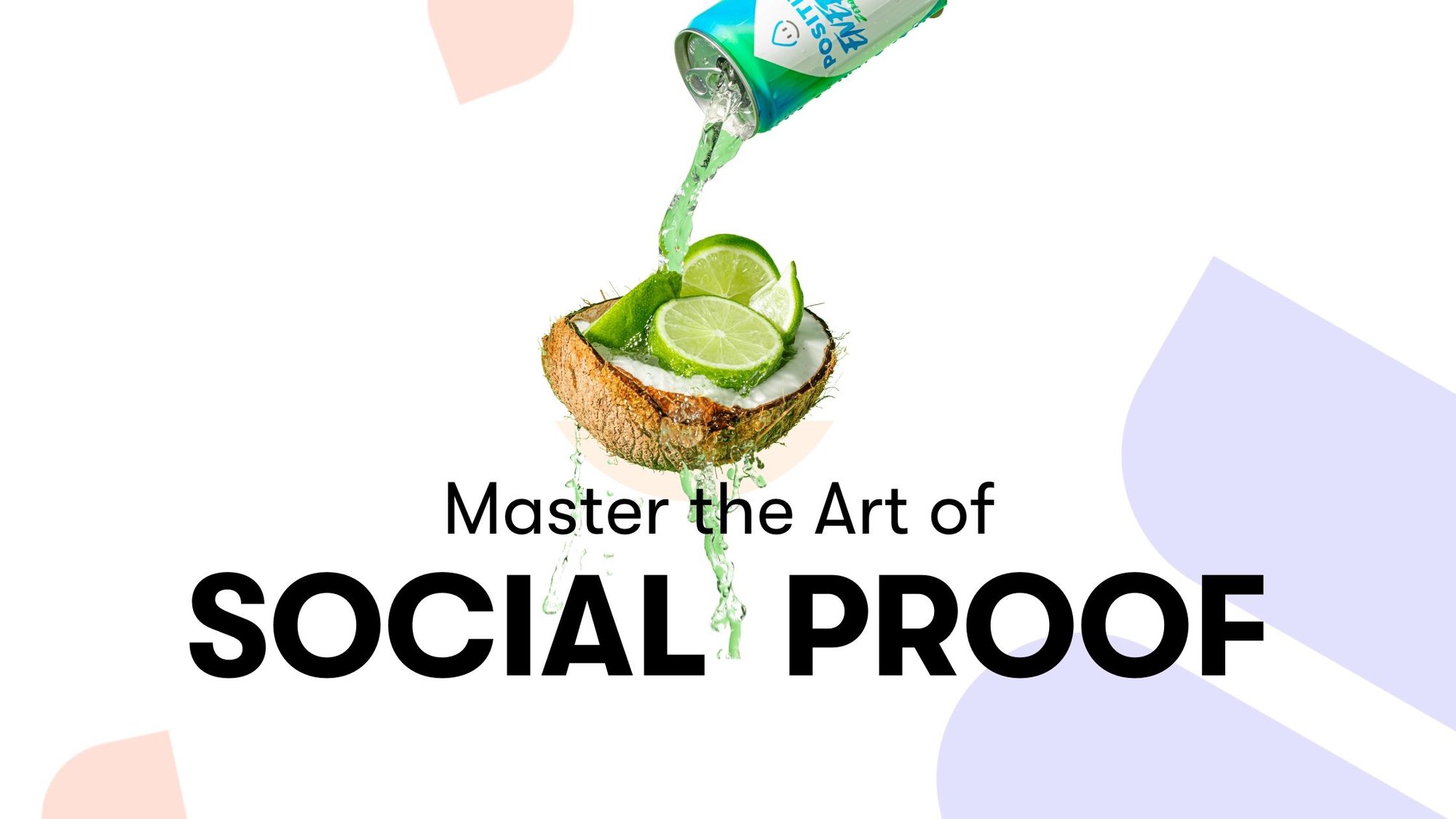
The power of eCommerce is that it’s visual. You can see each product from many different angles, you can interact with it in 3D, and you can browse through images and videos of other users’ experiences of the product and the brand.
In this guide, we go over everything you need to know about social proof - what it is, the different types of social proof, and how to display it on your eCommerce site. We also have some awesome examples of how some of the top eCommerce brands display social proof. Let’s dive in.
What is social proof?
Social proof is the phycological theory stating that consumers base their buying decisions on the choices of their fellow shoppers.
In the marketing world, this translates to content, reviews, and images that showcase the quality and reliability of a specific product, as well as the service of the company.
Why does social proof work so well?
Social proof works exceptionally well because it lets companies and businesses make use of external endorsement and client backing to inspire and influence your prospective customer base.
Social proof remains effective as it puts the power in the hands of your customer where they're free to tell their story.
In the world of eCommerce, positive reviews make for highly effective marketing as it boosts the confidence of your online visitor, builds trust from the get-go, and simplifies their buying journey and decision-making process.
Increase your conversions
Ecommerce business owners use product reviews from their website and from social media platforms to gather positive social proof from their customers and thus improve the conversion rate.
Improve customer trust
Potential customers look for trust signals on a brand's website. Things like trust badges, reviews from social networks, and even negative reviews from previous customers.
A positive customer testimonial left by a previous user creates a sense of trust in a business. The business itself can't reach the same level of trust with branded content. It has to increase customer loyalty and post social media posts and product images taken by customers to build that kind of trust.
Be sure to make your social proof widgets authentic. Don't delete a negative review, but instead post a public reply to each one of them.
Targets the users with the highest purchase intent
Another powerful feature of social proof is that it can be used to convert those users that have the highest purchase intent. Somewhere towards the middle-end of the customer journey, online customers ask themselves:
- Can this company be trusted?
- Are current customers happy with it?
- Are there any certification badges/warranties?
And that's where social proof comes in to win the day. Here’s an example from the famous furniture brand VOX:
Prominently displaying social proof on your eCommerce store is an essential and powerful marketing strategy that will ensure you'll have at least some measure of phycological control of the conversion funnel on your eCommerce site.
Social proof is not a fad, it's here to stay
You should be aware that making use of social proof in eCommerce is not just a passing marketing strategy but rather a proven psychological concept that has been based on the behavior of individuals.
Studies show that humans will most often consider other people's choices to help them assess a situation and come to a definitive conclusion. Buying trends prove to be no different, and people usually depend on the opinions and reviews of others when they think of buying a product online.
The study mentioned above was conducted in 1935 but the results are even more relevant today since products, tech, and marketing have become so much more sophisticated.
Business owners have so much more access to testimonials and product reviews left by real customers and there are so many social proof apps offered on all the major eCommerce platforms.
So now that you know how important social proof is, let's talk about the different types of social proof that you could use.
6 Types of social proof
There are many types of social proof that you can use to your advantage, but we'd like to highlight the six major ones we think you should concentrate on to increase conversions and drive sales.
Customer reviews
Customer reviews are the best kind of social proof to include on your site. High-quality social proof from customers includes 4-star and 5-star reviews, videos, and case studies.
Industry Expert testimonials
Another huge step in convincing new clients is if you can add convincing proof from credible and respected authority figures in your chosen industry that your product or service is worth investing in.
Celebrity endorsements
Well-known celebrities have a significant impact on society, and if your product or service has received a celebrity endorsement or an influencer endorsement, you’ll drive more sales. A good example is the Lolavie haircare products endorsed by the actress Jennifer Aniston, whose hairstyle is copied by women worldwide.
The impact level here would be much more than regular customer reviews, but will also cost you an arm and a leg, so use celebrities wisely.
Here’s another example from Hers featuring Miley Cyrus.
Pro tip: create an ambassador program and recruit a celebrity ambassador for each product category or for each niche that you target.
A thumbs-up from the masses
Getting approval and commendations from large crowds goes a long way in building trust with potential clients. So it's always a good idea to highlight how many happy customers you have, whether that's on the home page or a tagline on your retargeting campaigns.
Acquaintances and friends
If you know somebody who uses a product or subscribes to a service, and they give you personal recommendations, you'll be more inclined to give it a chance.
Create a referral or rewards program to drive more referral sales to your business and incorporate social proof into it. Think of specific customer touchpoints where you should push the referral program and use that social influence to your advantage.
Here’s an example from VanityPlanet’s referral program:
3rd Party certifications
You're definitely moving in the right direction if a credible entity or company can verify that you're trustworthy and reliable. On the simplest level, this would be trust badges. But it could also mean earned media like PR endorsements from online magazines.
Here's an example of a Facebook ad from Nature Made that displays its USP certification.
Now let's talk about all the different ways you could place social proof on your eCommerce site.
Social proof on the home page
The homepage on your eCommerce site is by far the most visited page on your site. Even if a user lands on one of your blog posts or a landing page, chances are that they go back to the home page when they are ready to check out your products.
So you want to make sure the homepage makes enough of an impact for them to click through to your product pages and go through the checkout funnel. There are multiple ways you can ensure a new visitor will be intrigued enough to continue browsing and ultimately purchase your product.
Make leaving a customer review simple and straightforward
Make sure that it's really easy to leave a customer review. Send regular emails to your email list asking for a customer review, at specific touchpoints along the funnel, and then post all of them on your home page. You can use a tool like Pixlee or Yotpo to publish a widget that displays your top reviews (both images and videos).
Use live notifications
Use dynamic notifications to create a sense of urgency with the person who has just landed on your site. They might feel they're losing out if they don't your product right there and then. It also shows that there are people out there who are interested in your service and interacting with your website.
Add a trust badge
Trust badges are the perfect way to instill a sense of trust in your site visitor – they'll be encouraged to know that their data is secure and your site is safe to use.
First-time visitors won't know your business is dependable and trustworthy, even if you sell the most incredible product in the world. So add a globally recognized company badge to show that your brand is trusted, this might just be the encouragement your site visitor needs.
Social proof in product pages
Visitors and prospective clients are six times more likely to click the buy button if the product page includes social media pics and client recommendations. Adding convincing and relevant social proof to your product pages can significantly improve your conversion rates.
There are numerous ways you go about doing this.
- Showcase the number of people who have already bought your product or signed up for your subscription service
- Highlight product reviews, ratings, and client testimonials
- Present user-generated product reviews, such as photos or videos of clients reviewing the product
- Show off any product awards and reviews by the experts
Lush Cosmetics is a great example of an eCommerce brand that has succeeded in ticking all these boxes. They display visual social proof all across their site, especially the product page.
The average consumer who lands on this product page will instantly be able to see that this product has a 4.6-star rating with a redirect link to its 1,500+ satisfied customer reviews. Scrolling down a little, they'll be able to read the real-person written reviews, and also a visual photo gallery of satisfied clients wearing their face masks.
Social proof in emails
Implementing social proof into your email marketing campaigns is pretty straightforward and very powerful. Here are different ways you could do it.
Brag with your numbers
No one likes to feel they've missed the boat on something. FOMO is real. Studies show that 69% of millennials experience the fear of missing out.
You can use these statistics in your favor by showcasing the number of happy customers you have. If you have the numbers, brag about it! You should include it in every email, in the bottom footer, or as the main image.
User-generated content
It's always a good idea to add user-generated content to your emails. It's especially powerful if you use lifestyle photos that show the product being used or the customer's home (if it's a home decor product). Again, you can use a UGC tool to easily plugin your user-generated content into your emails.
Reviews and ratings
This is arguably the most effective way to include social proof into your email campaigns and should always be included in your emails. You can also add links to positive review websites or add constructive feedback from your clients. Encourage satisfied customers to leave a review by offering them an incentive – a discount code or a freebie with their next purchase.
Showcase client success stories
Future clients connect with success stories supplied by other users – they're genuine and dependable.
These are a little bit more formal but work really well for exclusive or expensive buys or extended commitments. It could just be the nudge your new client needs to make that purchase. Highlight how real people use your product and how extremely impressed they are with the experience.
Social proof in social advertising
Research shows that social proof is vital to growing any brand, with 92% of users trusting a recommendation from someone they know, like a friend or family member, 70% believing what they see in online reviews, and 40% trusting paid ads.
With advertising being on the lower end of the equation, you'll need to learn how to leverage this effectively.
One of the easiest means you can go about adding social proof to your advertising campaigns is by making client reviews and user-generated content the bulk of your advertisement.
This shows that you have excellent client testimonials and is the key to showing other potential customers that your clients adore you, your product, your brand, and your service.
ThirdLove makes use of social proof on their Facebook ad by implementing user-generated content or UGC. Check this out.
Social Proof On The Checkout And Cart Pages
Studies show that 61% of online shoppers abandon their shopping carts, without making a purchase, for many different reasons.
Trust and transparency is the key to keeping clients engaged and giving them the incentive to follow through with their purchase decision.
Display reviews and testimonials from your satisfied clients and showcase those 3rd party trust badges on your checkout pages to show the client that you're reliable and trustworthy.
Recap
Ecommerce stores should incorporate social proof on every page of the website, from the home page to the checkout process. It should be an integral part of every online store's marketing strategy to help convert visitors into customers, create more positive experiences, and improve the user's online shopping experience on your site.

